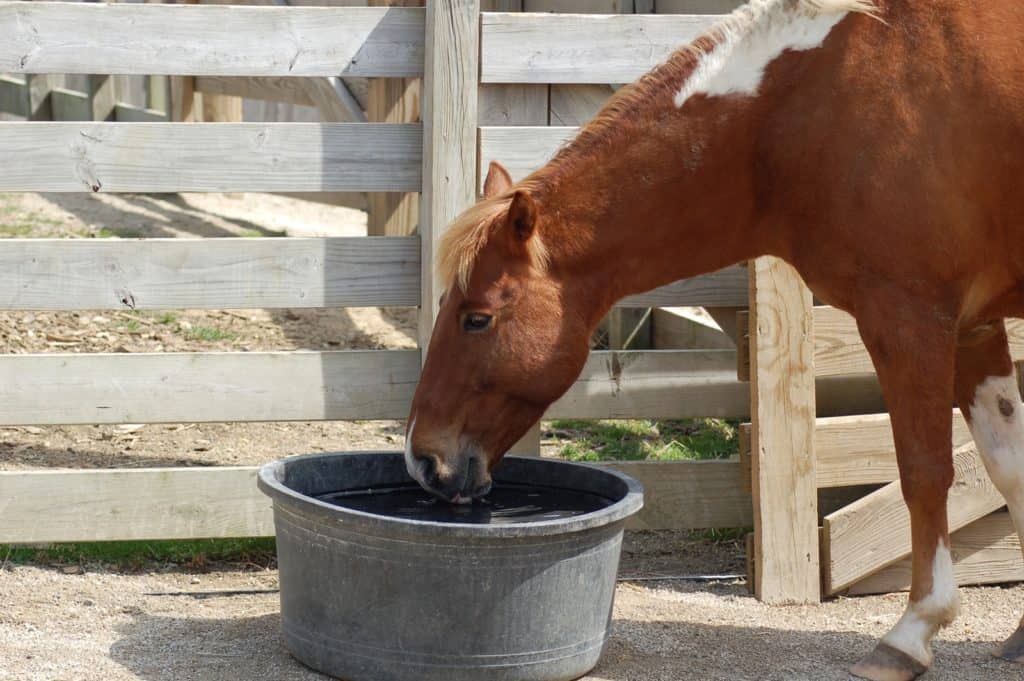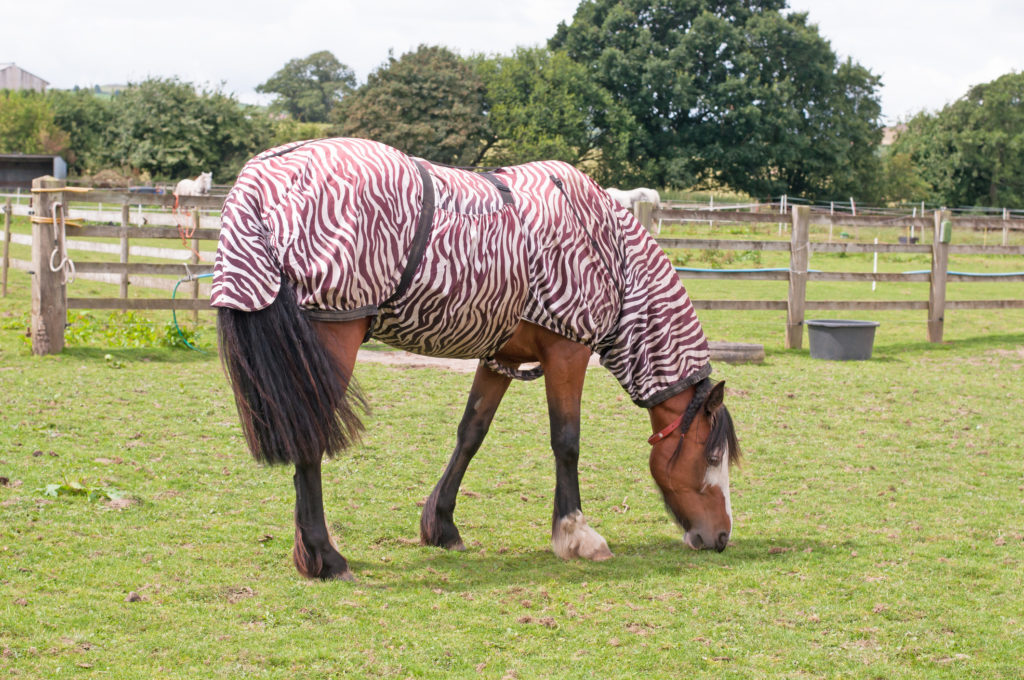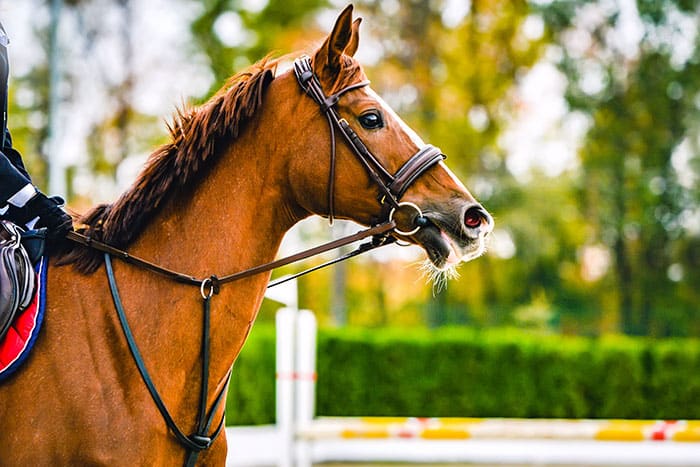
The Best Way to Cool Your Horse? Hydration.
Water and electrolytes are key to minimizing heat stress and dehydration, and continuous application of 60-78.8 F water is best for cooling.

Water and electrolytes are key to minimizing heat stress and dehydration, and continuous application of 60-78.8 F water is best for cooling.

What causes free fecal water syndrome in horses and how diet plays a part.

Dr. Steve Higgins of the University of Kentucky optimizes daily barn tasks for efficiency, cost savings, and environmental soundness.

Top articles about how to prevent and solve problems through management and diet. Sponsored by Freedom Health.

Feeding your horse forage before a ride can protect the stomach from splashing gastric acid.

Feeding your horse extra calories can add unnecessary energy, making them ‘hot.’

The quality of hay can create a hay belly.

Nutritionist: Soaking beet pulp helps with hydration, but dry beet pulp is also typically safe to feed some horses.

Follow these steps to keep your horse cool and comfortable in the heat.

Does alfalfa make horses “hot”? Should they not eat before exercising? Many of our feeding practices are based on tradition, but what’s really best for our horses?

How do you choose between plain white salt blocks, red mineralized blocks, and rock salt on ropes? One nutritionist offers advice on adding salt in your horse’s diet

Three top sports medicine veterinarians say the best way to stay competitive is by developing a proactive approach to managing every aspect of your horse’s health and soundness.

Help keep your horse healthy and get the most out of the coming months by increasing your understanding of—and watching for—five common health conditions seen during the summer.

Warm-season grasses, such as Bermuda and modified crabgrass, and early morning turnouts might be ideal for obese horses and those with metabolic issues.

How diets high in starch can impact hindgut function and performance, potentially leading to problems with the ‘gut-brain axis.’

A nutritionist offers ideas for getting a pre-Cushing’s horse to eat his supplements while maintaining his special diet.
Stay on top of the most recent Horse Health news with
"*" indicates required fields